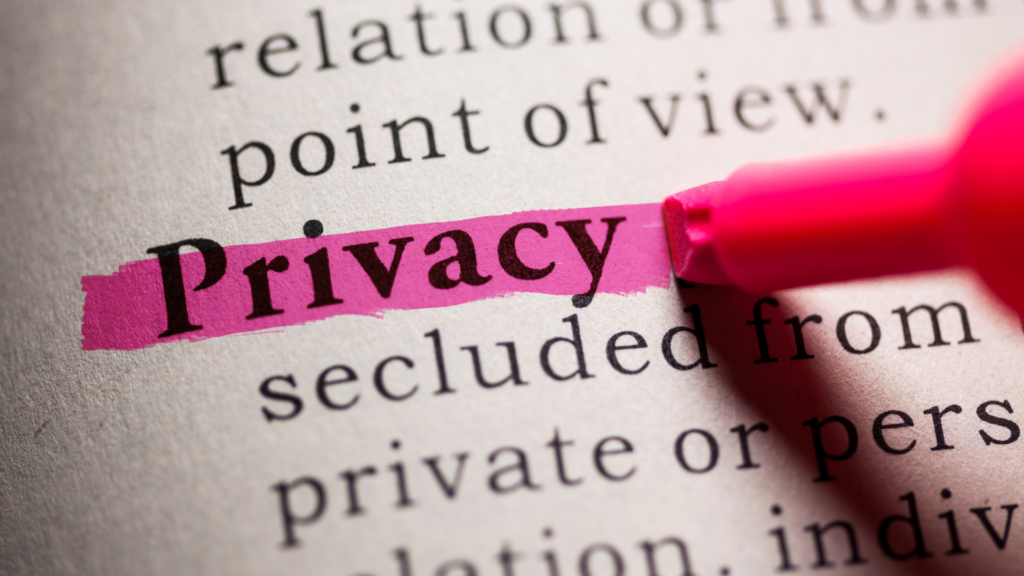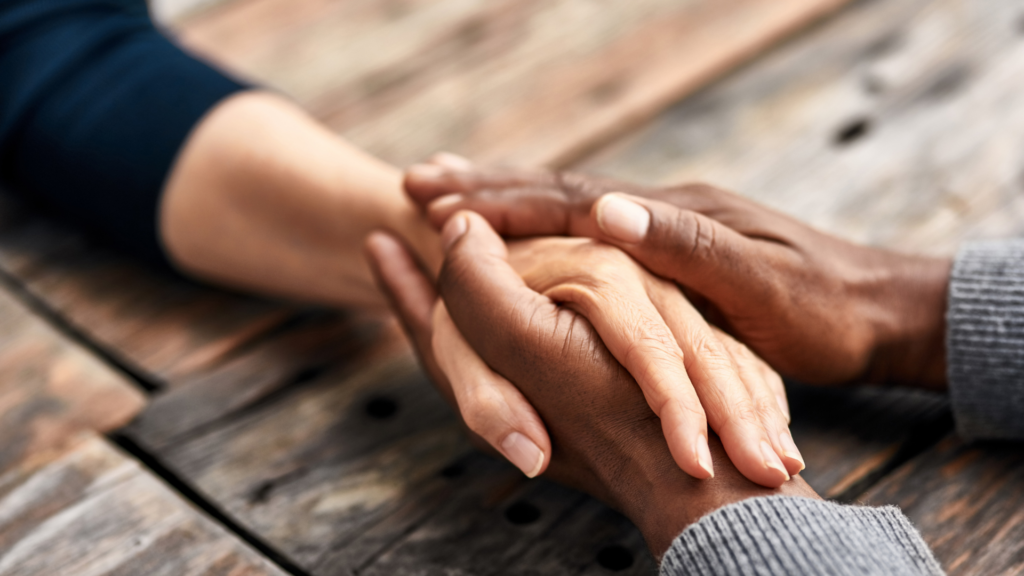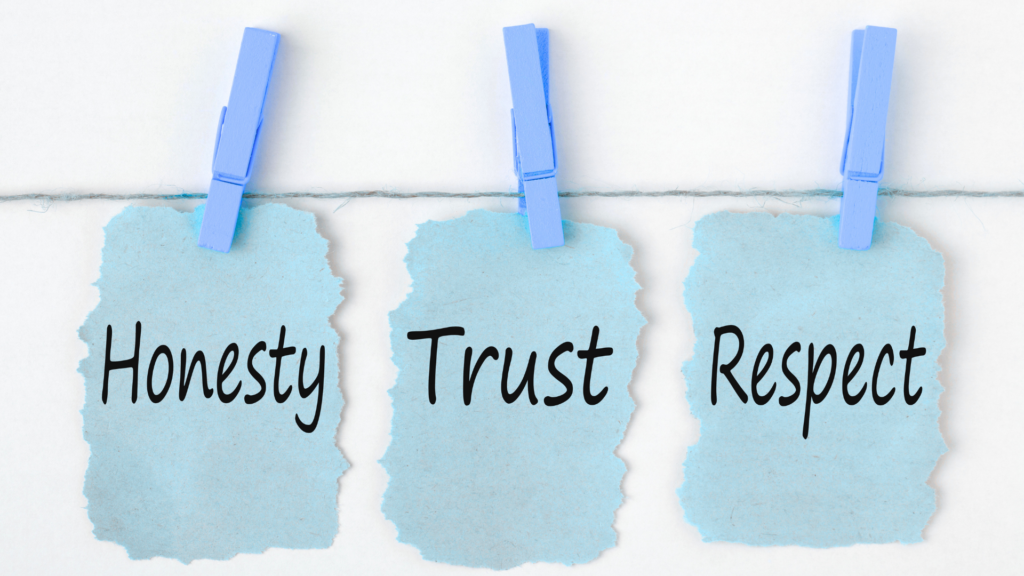The words privacy and secrecy are often used interchangeably and perhaps the boundaries have become blurred. But, privacy and secrecy are distinct and have different implications for how we live our lives and conduct research, especially about sensitive topics.

Privacy, at its core, is about having control over our own personal information. It's the ability to choose what we share with others. It's the right to keep certain aspects of our lives hidden from public view, whether that's our financial details, our health information, or the intimate moments we share with loved ones. Privacy allows us to keep boundaries, cultivate relationships, and express ourselves freely, without fear of judgment or exploitation.

Secrecy, on the other hand, is the deliberate concealment of information. It's often connected with the intent to mislead or withhold important details from others. Yet secrecy can also arise when people feel they can't openly discuss certain topics or share their views for fear of being judged or ostracized.
This can lead to a culture of secrecy. An environment where people are hesitant to express their true thoughts and feelings, or facts about themselves. This dynamic can be particularly prevalent in sensitive areas like politics, religion, or personal beliefs. Yet is also pertinent to health and wellbeing, money, and even eating and drinking behaviours.

When people feel they can't be honest about their opinions or experiences, the result is a lack of understanding and empathy. How can we design products or services, or create content or communications when we don’t know the true opinions and experiences of our audience – or even who our audience is?

As moderators it’s incredibly rewarding when participants open up and share ‘secrets’ that they have kept from others. To be the first person that they’ve told. To hear secrets that they haven’t told their spouse, their parents, or their best friend. It shows that we’ve performed our role well. That we’ve created an environment in which they feel safe and supported in expressing their views and experiences.
It requires a delicate balance between respecting people's right to privacy and encouraging open and respectful discussion.

The distinction between secrecy and privacy is an important one. By creating an environment of trust and mutual respect, we encourage open and honest dialogue and avoid secrets. And in doing so remove feelings of guilt, blame, or inadequacy. Privacy, though, should always be respected.
Need a Fresh Perspective. Talk to Hummingbird Insights

